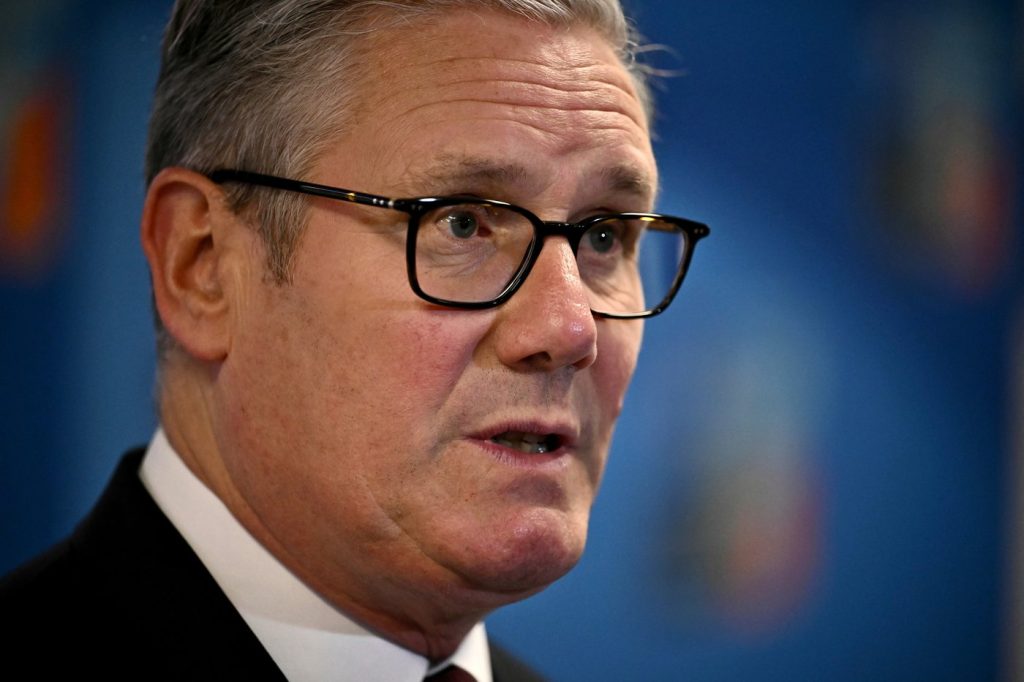The United Kingdom has announced its decision to purchase 12 U.S.-made F-35 fighter jets, which have the capability to carry nuclear bombs. This strategic move, announced by Prime Minister Keir Starmer on Wednesday, is part of the U.K.'s participation in NATO's shared airborne nuclear mission. This expansion marks what the government describes as “the biggest strengthening of the U.K.’s nuclear posture in a generation.”
The announcement took place during a NATO summit held in The Hague, Netherlands. NATO Secretary-General Mark Rutte welcomed the U.K.’s decision, emphasizing that it represents “yet another robust British contribution to NATO.” Historically, the U.K. phased out its air-dropped atomic weapons in the 1990s following the conclusion of the Cold War. Presently, the nation's nuclear capabilities primarily consist of submarine-based missiles.
Among NATO members, only three countries are recognized as nuclear powers: the United States, the United Kingdom, and France. Additionally, seven other countries within the alliance contribute to NATO’s nuclear mission by providing jets capable of delivering either conventional weaponry or American-made B61 bombs, which are stockpiled in Europe.
For any use of nuclear weapons by the U.K. within the framework of the NATO mission, authorization must be secured from both the alliance’s nuclear planning group and the respective leaders of the U.S. and the U.K., namely the U.S. President and the British Prime Minister.
In conjunction with the announcement regarding the F-35 jets, Prime Minister Starmer also revealed that the U.K. will supply 350 air defense missiles to Ukraine. This initiative will be financed using 70 million pounds (approximately $95 million) raised from interest on assets seized from Russia. This act demonstrates the U.K.'s commitment to supporting Ukraine amid ongoing geopolitical tensions.
The implications of these announcements come against the backdrop of a broader commitment by the U.K. and other NATO member states to bolster defense spending. NATO members have pledged to increase their security expenditures to 5% of their gross domestic product (GDP) by 2035. This pledge includes an allocation of 3.5% specifically for defense and an additional 1.5% dedicated to broader security and resilience initiatives.
Currently, the U.K. allocates approximately 2.3% of its national income to defense, with plans to increase this figure to 2.6% by 2027. This indicates a growing recognition of the importance of national security and the role that military capability plays in ensuring stability within the region.











